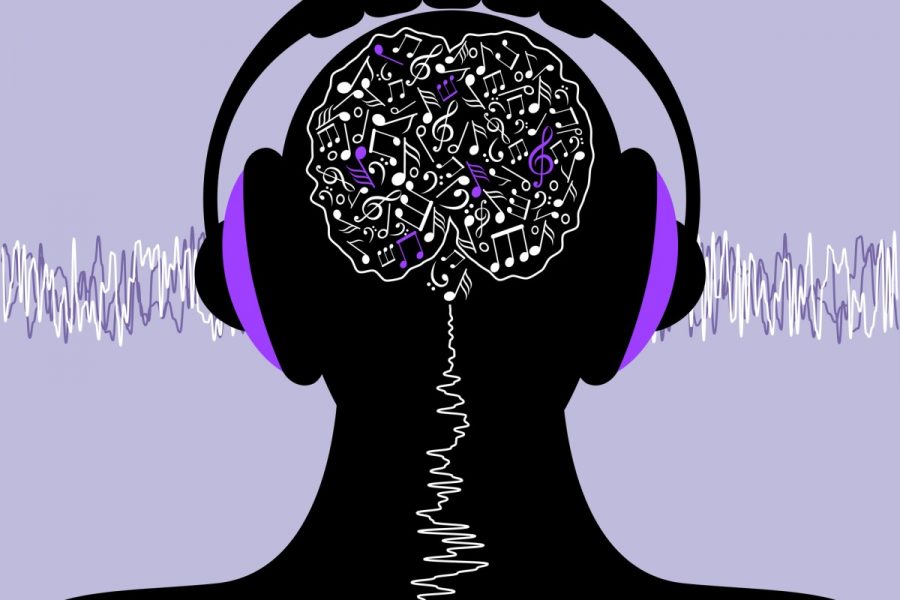Music and Neurology
There are lots of articles out there about how music affects our mental health and wellbeing, some of them even being published on the Crimsonian website. Talked about less often, though, is the link between music and the biology of our brain, the neurology of the matter. This isn’t to say that mental health isn’t a biological issue as well as a psychological issue because it can be, but here I’ll be talking strictly about how music affects the functioning of our brains on an anatomical level, with an occasional tie-in to mental disorders associated with atypical brain function, such as Alzheimer’s, dementia, schizophrenia, and the like. So buckle up and put on your favorite playlist because we’re gonna dive into music and neurology.
Let’s start with a textbook definition. Neurology, as it’s defined in the Oxford Dictionary, is the branch of medicine or biology that deals with the anatomy, functions, and organic disorders of nerves and the nervous system. Neurology would thus include the functions and anatomy of the brain. There have been numerous studies that show the physical effects music has on the brain. For example, it has been proven that listening to music activates nearly the entire brain, a phenomenon almost entirely exclusive to when you’re listening to music.
Music has an especially interesting effect on the brains of those suffering from Alzheimer’s. Though the disease is highly degenerative, the areas of the brain that store memories involving music are less damaged by the disease than the rest of the brain. This means that music can reduce stress and anxiety in Alzheimer’s patients because they recognize music playing, soothing them in times of duress.
Music can establish physical effects on the rest of your nervous system as well. Music can reduce blood pressure, improve sleep quality, and improve memory recall. When we listen to music that gives us “the chills,” the music triggers a release of dopamine (one of the biggest “happy chemicals”) to the brain. A lot of the positive effects we get from music have a physiological explanation. Music is an art that strikes the human mind not only emotionally but also physically.
I could go on and on talking about the positive effects of music on the brain and the rest of the nervous system, but I would highly encourage you to do your own research. Maybe you could even learn how to play an instrument! Next time you listen to your favorite song, remember the positive things it’s doing for you and your nervous system.

Hannah Wells is a second-year Crimsonian member and Co-Editor-in-Chief. She is a senior this year. She is involved in orchestra, chamber orchestra, marching...






